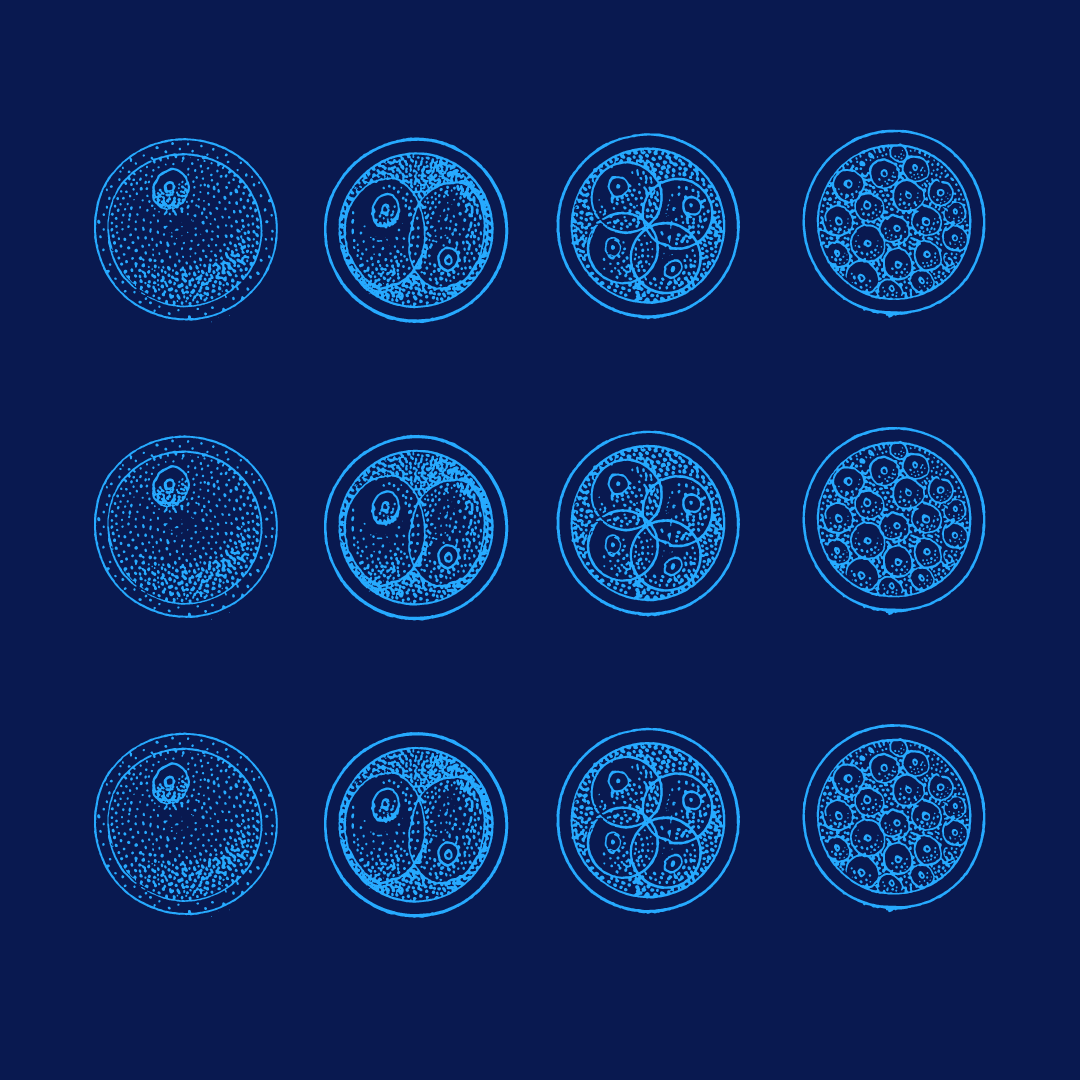What the Law and Bioethics Tell Us About Synthetic Human Embryos
By Barbara Pfeffer Billauer,
Bill of Health
| 10. 13. 2023
A synthetic embryo can now be constructed from very early pre-embryonic cells – without the need for an egg or sperm. These were initially created in mice. In April, researchers in China published about their creation of synthetic monkey embryos. In June, it was reported that the first synthetic human models were apparently created. This development throws a moral monkey-wrench into the current moratoria on embryonic research after 14 days. But there are more problems ahead.
Two weeks – the 14-day Rule
Of immediate concern are the ramifications of the 14-day rule, which imposes a (voluntary in the U.S.) moratorium on experimentation on human embryos older than 14 days; after that, they must be terminated. Strictly speaking, at this point, the fertilized egg (zygote) is called by various names, e.g., blastocyst and a “morula” (“little cherry”) because depending on the stage of development, that’s what the entity resembles. This zygote does not achieve full “embryo” status until day 14 after fertilization, the beginning of “gastrulation.”
In biological terms, the 15th day of embryo development is the point when...
Related Articles
By Anumita Kaur [cites CGS’ Katie Hasson], The Washington Post | 03.25.2025
Genetic information company 23andMe has said that it is headed to bankruptcy court, raising questions for what happens to the DNA shared by millions of people with the company via saliva test kits.
Sunday’s announcement clears the way for a new...
By Peter Wehling, Tino Plümecke, and Isabelle Bartram
| 03.26.2025
This article was originally published as “Soziogenomik und polygene Scores” in issue 272 (February 2025) of the German-language journal Gen-ethischer Informationsdienst (GID); translated by the authors.
In mid-November 2024, the British organization Hope not Hate published its investigative research ‘Inside the Eugenics Revival’. In addition to documentating an active international “race research” network, the investigation also brought to light the existence of a US start-up that offers eugenic embryo selection. Heliospect Genomics aims to enable wealthy couples to...
By Frank Landymore, Futurism | 03.18.2025
You can only throw so much money at a problem.
This, more or less, is the line being taken by AI researchers in a recent survey. Asked whether "scaling up" current AI approaches could lead to achieving artificial general...
By Craig S. Smith, Forbes | 03.08.2025
One recent evening in Shenzhen, a group of software engineers gathered in a dimly lit co-working space, furiously typing as they monitored the performance of a new AI system. The air was electric, thick with the hum of servers and...




